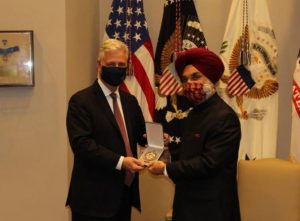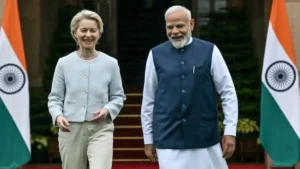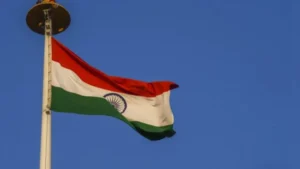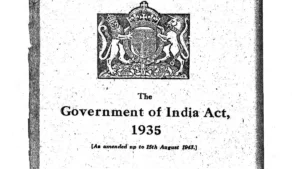
US President Donald Trump has presented America’s highest military decoration, ‘The Legion of Merit’, to Prime Minister Narendra Modi. The prestigious Legion of Merit was given to Prime Minister Narendra Modi for his leadership in elevating strategic partnership of the two countries.
WARRIOR 4.0 | Banking Awareness Batch for SBI, RRB, RBI and IBPS Exams | Bilingual | Live Class
The award was accepted by India’s Ambassador to the US, Taranjit Singh Sandhu on behalf of the prime minister from the US National Security Advisor Robert O’Brien at the White House on 21 December 2020.




 India Plans Sharp Cut in EU Car Import T...
India Plans Sharp Cut in EU Car Import T...
 Republic Day Parade 2026 Highlights 150 ...
Republic Day Parade 2026 Highlights 150 ...
 Government of India Act, 1935: Provision...
Government of India Act, 1935: Provision...







